Dear Readers,
AI plays a crucial role in our blog, helping us manage our time more effectively to keep the content flowing. While AI assists with content creation, which may lead to occasional spelling or grammar errors, our primary goal remains clear: to deliver meaningful insights to you. For important matters, please consult a specialist.
Thank you for your understanding and support.
Best regards,
Education.com.cy
Summary
This article explores the significant impact of music on motor development in preschoolers. It delves into the role of music in early childhood development, various types of music activities and their effects, case studies and research findings, and practical applications in preschool settings. The aim is to provide educators and parents with a comprehensive understanding of how music can enhance motor skills in young children.
Introduction
Music is a universal language that transcends cultural and linguistic barriers. For preschoolers, music is not just a source of entertainment but a powerful tool for development. This article examines how music influences motor development in young children, highlighting its importance in early childhood education. Understanding this relationship can help educators and parents create enriching environments that foster both cognitive and physical growth.
Main Sections
The Role of Music in Early Childhood Development
Music plays a crucial role in the holistic development of preschoolers. It stimulates brain regions responsible for movement, coordination, and rhythm. Engaging with music helps children develop fine and gross motor skills, which are essential for daily activities and academic success.
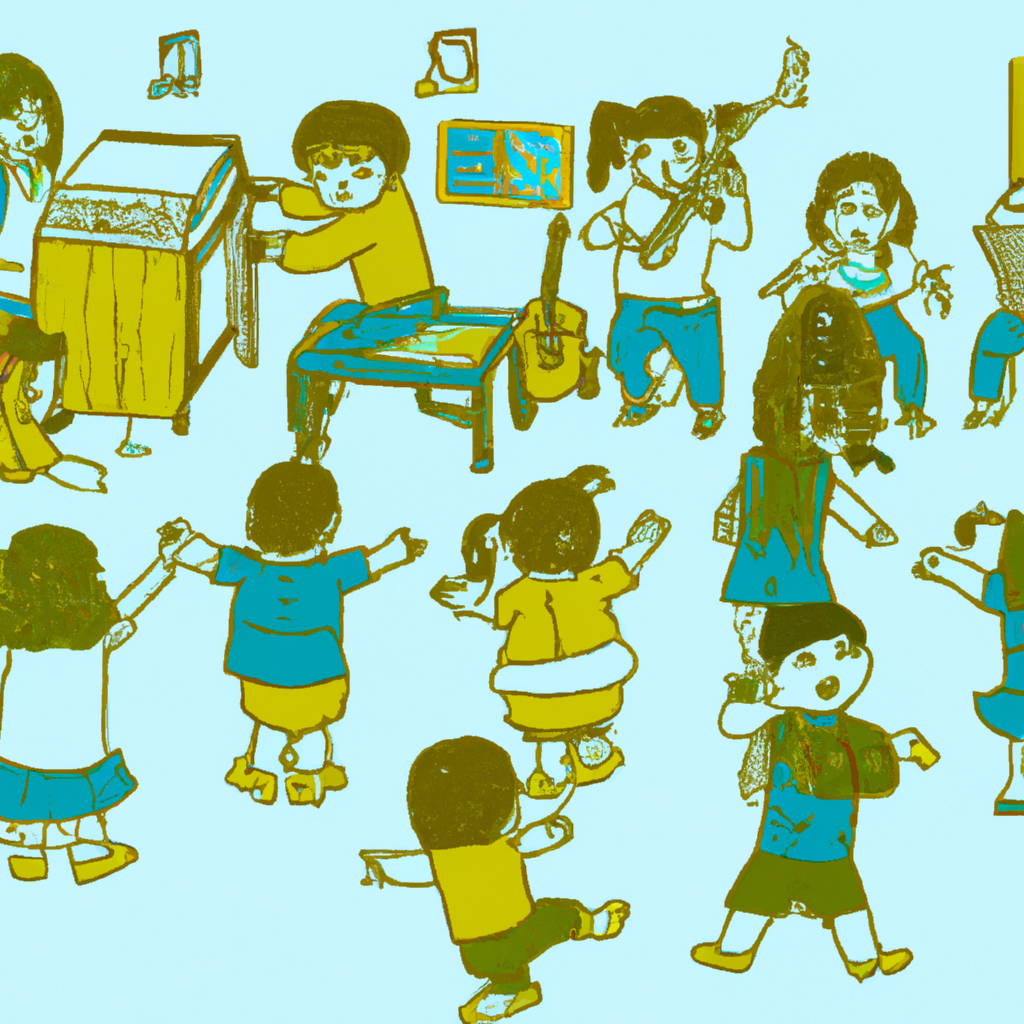
Types of Music Activities and Their Impact
Different types of music activities can have varied effects on motor development. Singing songs with actions, playing musical instruments, and dancing are some activities that enhance motor skills. For instance, clapping to a rhythm improves hand-eye coordination, while dancing helps with balance and spatial awareness.
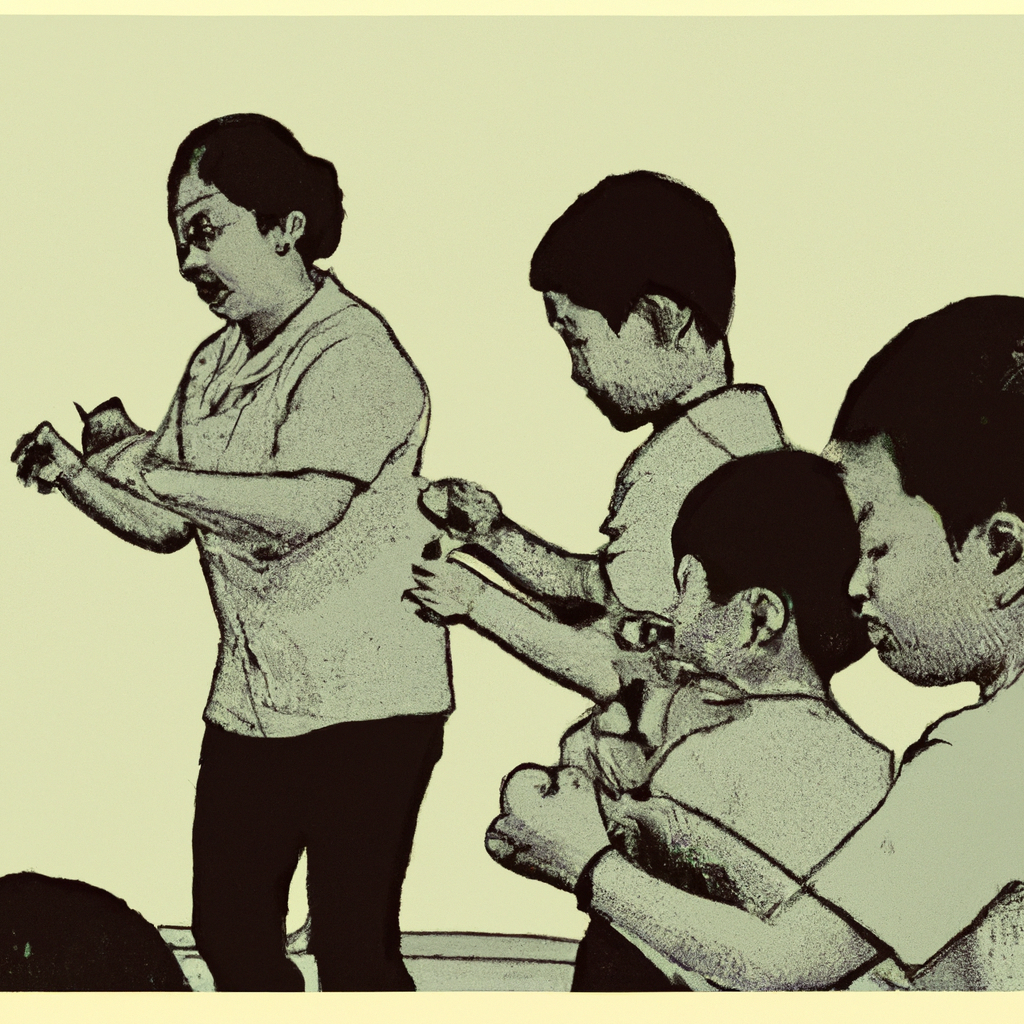
Find out how the strategies discussed in the article
"How Teaching a Song Can Improve Your Child’s Learning and Well-Being"can help address internet addiction in children and teens.
Case Studies and Research Findings
Numerous studies have shown the positive impact of music on motor development. One study found that children who participated in regular music and movement sessions showed significant improvements in motor skills compared to those who did not. Another research highlighted that musical training enhances neural connections, leading to better motor control and coordination.
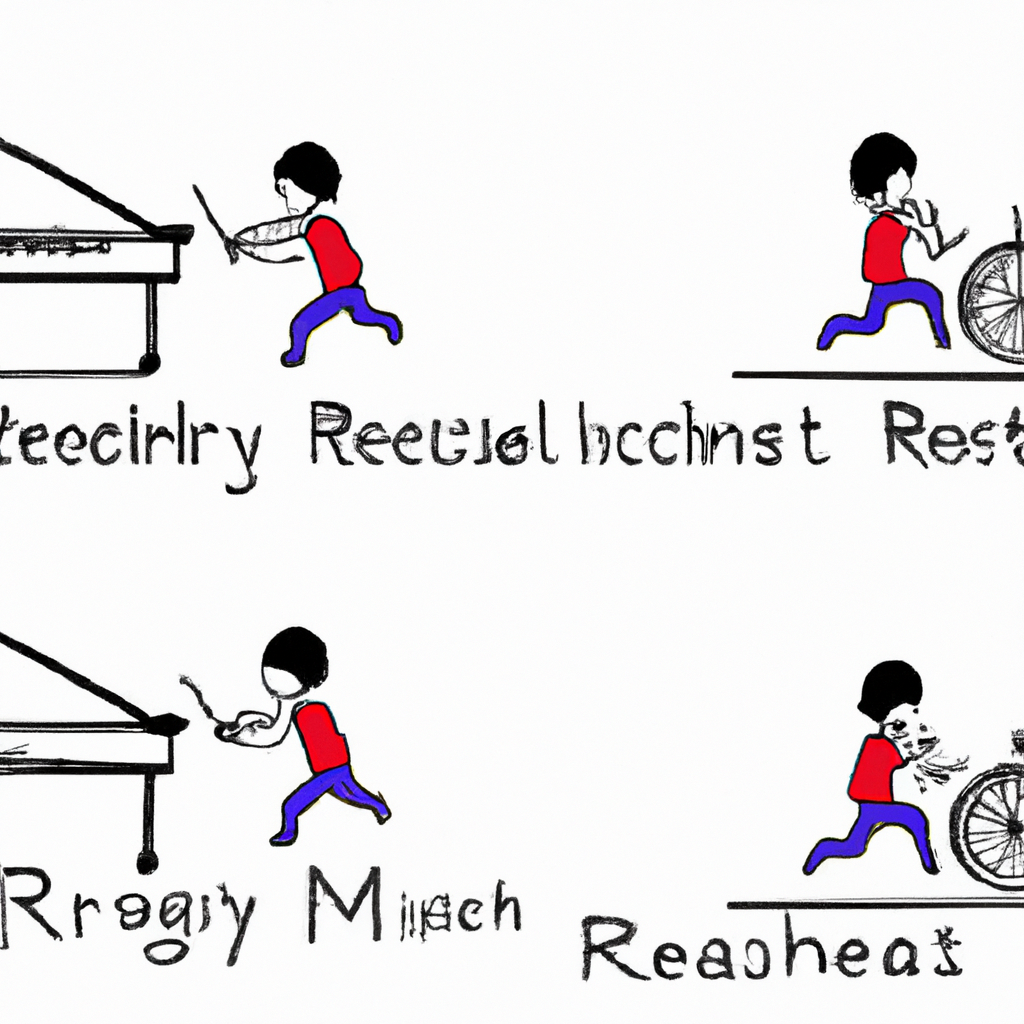
Practical Applications in Preschool Settings
Incorporating music into daily routines can be highly beneficial. Teachers can use music during transitions, circle time, and free play to encourage movement. Simple activities like marching to a beat, playing with rhythm sticks, or using scarves for dance can make a significant difference in motor development.
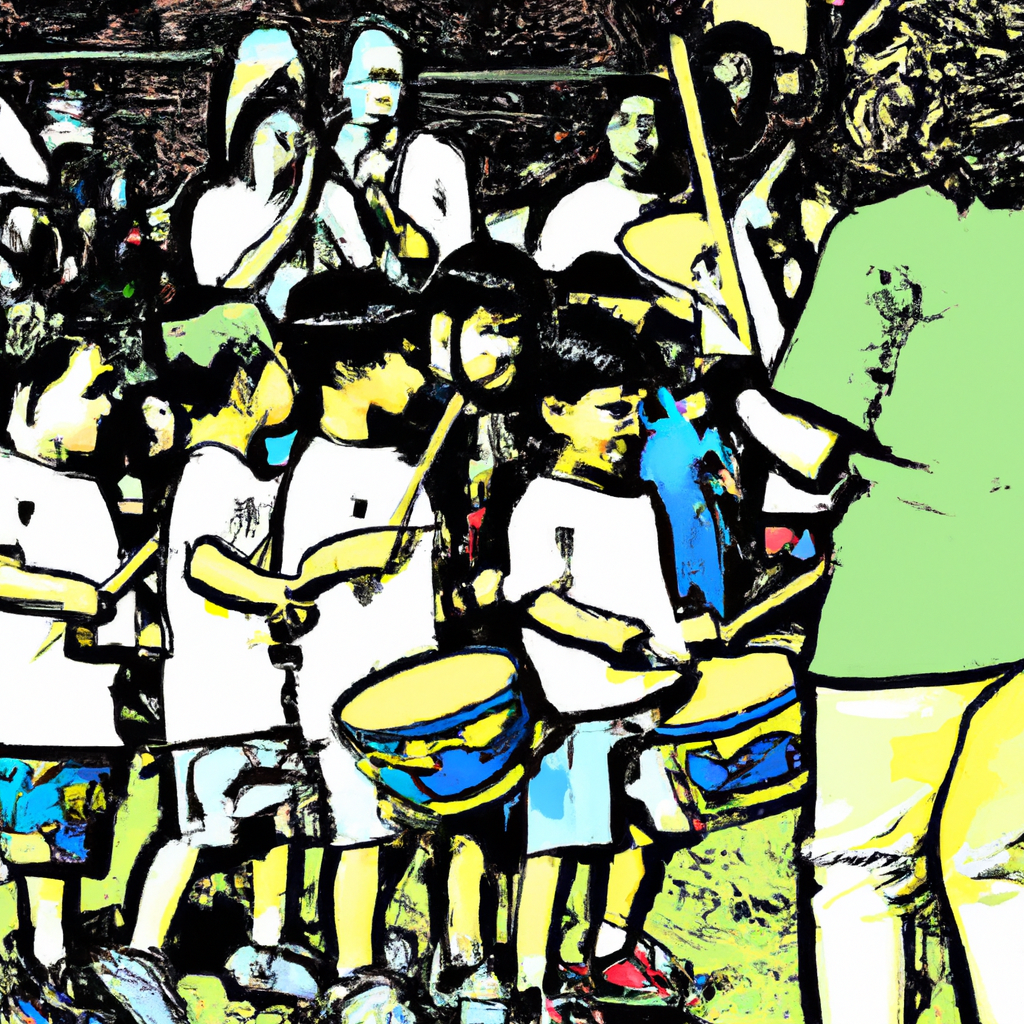
Conclusion
Music is a powerful tool that can significantly enhance motor development in preschoolers. By integrating music into early childhood education, educators and parents can provide children with opportunities to develop essential motor skills in a fun and engaging way. The key takeaway is to make music a regular part of children’s daily routines to foster their overall development.
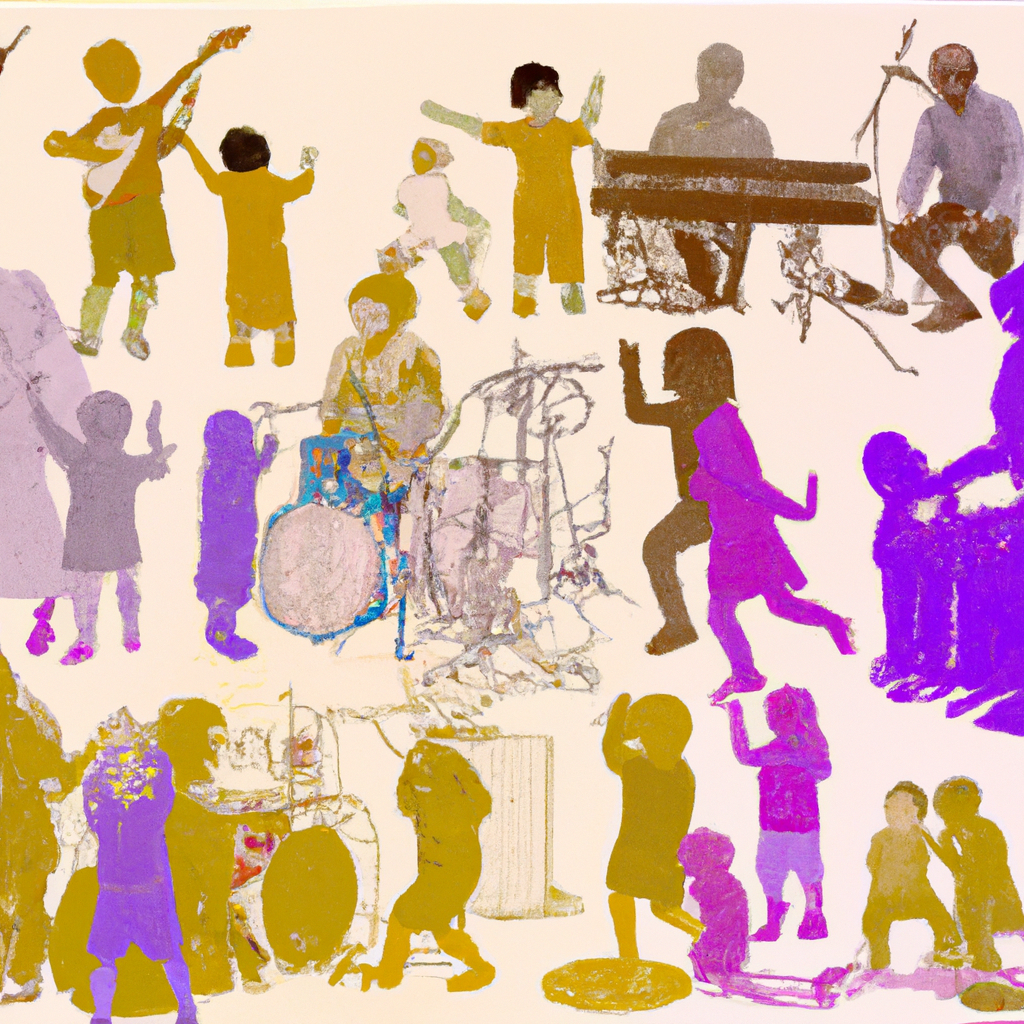
Thank you for reading our article on The Influence of Music on Motor Development in Preschoolers. We highly value your feedback and invite you to take a brief survey to share your thoughts and experiences. Your responses will be kept confidential.
Dear Readers,
Welcome to my blog, where technology, music, and visual arts come together to spark creativity and growth. By subscribing, you’ll become part of a vibrant community committed to exploring and learning in these areas.
Select the type of engagement that suits you best:
Join us and enjoy tailored content and direct support suited to your interests.
